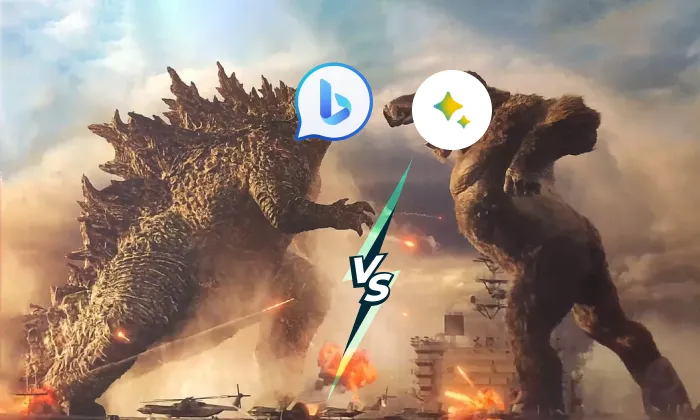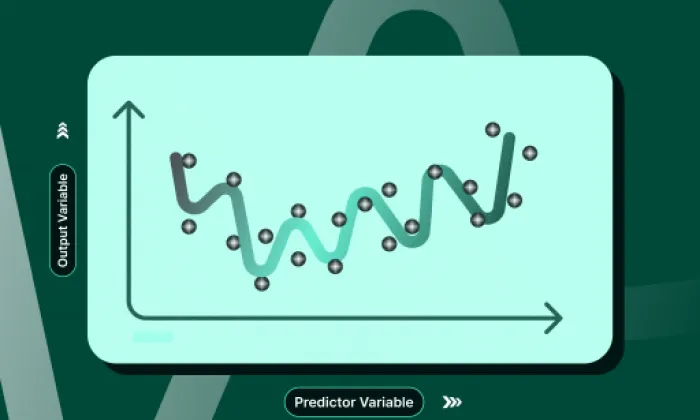What types of entities are labelled in call center audio?
Entities
Labeled Speech Data
Speech Recognition
Entity labeling is the backbone of structured speech understanding. In the context of call center audio, entities refer to specific, real-world identifiers like names, locations, dates, or product references, spoken by either the agent or the customer during a conversation.
At FutureBeeAI, we believe entity labelling is not just a feature; it’s a necessity. It transforms unstructured, raw audio into machine-readable, context-aware data, enabling intelligent downstream actions like workflow routing, customer support automation, and post-call analytics.
Why Is Entity Tagging So Important?
Raw transcripts only tell you what was said. Entity annotations tell you what it mean. For instance:
“I need to change my delivery address from Mumbai to Pune.”
Without entity tagging, this is just text. With tagging, “Mumbai” and “Pune” are recognized as locations, triggering the right backend actions like updating a delivery record or notifying a logistics team.
In a full speech AI pipeline, across ASR, NLU, and dialogue systems, entity labeling helps your models interpret meaning, intent, and relationships between spoken elements.
What Makes Entity Labeling at FutureBee AI Unique?
FutureBee AI’s call center datasets come with precision-tagged entity types, timestamp alignment, and channel-aware speaker mapping. This ensures models not only detect what was said, but also who said it, and when.
Our framework ensures:
- Product and service mentions are tagged in domain-specific context.
- Sensitive PII like phone numbers and names are tagged properly for masking purposes.
- Locations and organizations are mapped to internal or external knowledge bases.
We also support multi-entity references, like:
“Cancel my gym subscription and refund last month’s fee.”
Here, the model detects both a service and a temporal payment reference, enabling more accurate dialogue summarization and automated resolutions.
Types of Entities Labeled in Our Datasets
- Names – Speaker identifiers for personalization.
- Dates & Time – Temporal markers for scheduling and tracking.
- Location – Address and regional data for geo-specific actions.
- Product/Service Names – Domain-relevant offerings for task-specific models.
- Order IDs & Reference Numbers – Backend linkage points.
- Phone Numbers & Emails – Used for authentication or masked for compliance.
- Monetary Values – Billing, refund, or transaction mentions.
- Issue Descriptions – Complaint or service-related problem areas.
- Organization Names – Useful for domain alignment and response generation.
- Sentiment Indicators – Annotated cues for emotional intelligence and analytics.
Each dataset is curated using a robust annotation pipeline with:
- NER-aligned schema
- Dual-layer QA for contextual validation
- Cross-tagging with call intent, topic, and sentiment
This makes our speech datasets ready-to-deploy for any production-grade conversational AI stack, whether you're training a voice assistant, building a ticketing automation system, or deploying analytics for agent performance.
Explore our entity-rich call center datasets and unlock structured speech intelligence for your next-gen applications.
What Else Do People Ask?
Related AI Articles
Browse Matching Datasets
Acquiring high-quality AI datasets has never been easier!!!
Get in touch with our AI data expert now!








